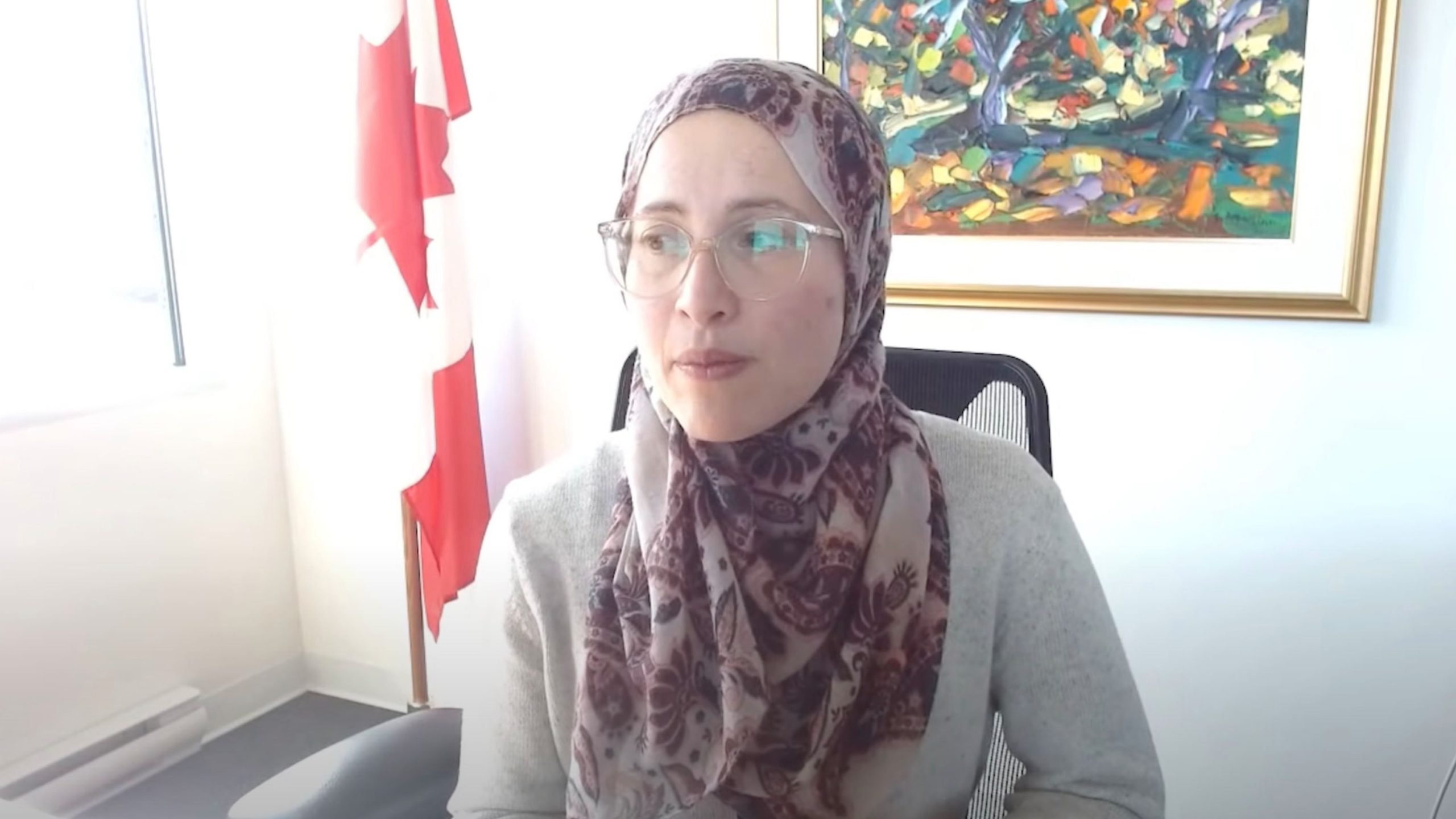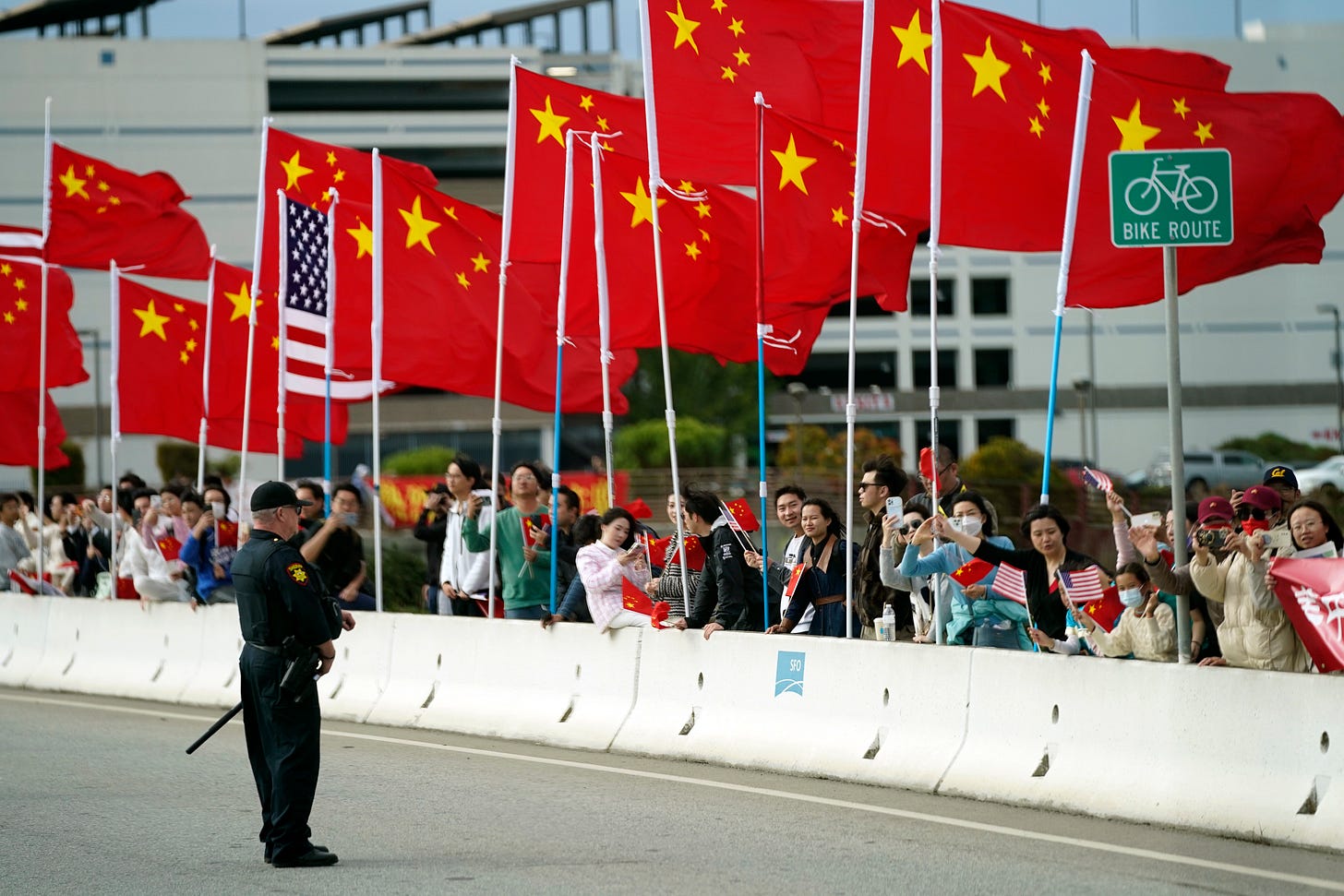Canada’s Islamophobia Envoy Backs Plan to Police Politicians’ Posts

Amira Elghawaby, Canada’s federal government’s “Special Representative on Combating Islamophobia,” has thrown her support behind a controversial set of proposals that would give authorities the power to delete online posts by politicians if they are judged to be “disinformation” and to formally sanction those responsible.
Her endorsement is aimed at a lengthy report produced by Muslim advocacy groups and York University’s Islamophobia Research Hub, Documenting the “Palestine Exception,” which claims that anti-Palestinian racism, Islamophobia, and anti-Arab prejudice have surged in Canada since October 7, 2023.
Alongside documenting alleged discrimination, threats, and smear campaigns, the report puts forward a recommendation that elected officials should be “held to a higher standard” in public communication, and that the Office of the Conflict of Interest and Ethics Commissioner should create binding rules to deal with politicians who spread “false information” about minorities.
The recommendation insists that such posts be publicly identified and removed, with politicians urged to consult “impacted communities” before commenting on sensitive matters.
Another demand is the formal recognition of “Anti-Palestinian Racism” across all levels of government. Critics of this idea warn that it could be used as a pretext to suppress political speech, particularly any strong criticism of Palestinian political movements or policies.
The report, however, offers no concrete examples of sitting MPs or senators posting false information, despite its sweeping call for enforcement powers. Even so, Elghawaby has praised it as a tool that will inform her policy advice to the government of Ottawa.
For opponents of such measures, the danger is obvious: giving political bodies the authority to erase elected officials’ statements on the basis of disputed definitions of “disinformation” invites abuse and risks chilling legitimate dissent.










